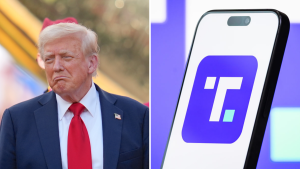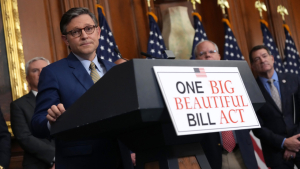South Africa’s New Era: Ramaphosa Leads Historic Coalition Government
Cape Town, South Africa – In a landmark moment for the country, South African President Cyril Ramaphosa opened a new parliament on Thursday, nearly two months after a historic election result that reshaped the country’s politics and led to the formation of an unprecedented multi-party coalition government.
Speaking to lawmakers at Cape Town City Hall, a replacement venue after the parliament building was gutted by fire two years ago, Ramaphosa highlighted the need for unity in tackling the country’s three main problems: an unemployment crisis, crushing poverty and inequality, and the failure of state institutions eroded by corruption and neglect. These issues have plagued South Africa for decades, and the May 29 election saw voters deliver the worst result ever for the African National Congress (ANC), which had held the majority for 30 years since the end of apartheid.
Ramaphosa acknowledged the ANC’s failures, saying, “Despite the achievements of 30 years of democracy, millions of South Africans remain poor, unemployed and live in a deeply unequal society.” He emphasized the need for cooperation across party lines, stating, “The circumstances of South Africa today demand that we act together.”
The speech marked the start of what South Africa calls “the seventh administration,” the seventh government formed since the country was liberated from apartheid in 1994. The new government, known as the “government of national unity,” brings together at least 10 parties to govern Africa’s most industrialized country.
The coalition government is headed by Ramaphosa, who began his second and final five-year term last month. His challenge will be to hold together a broad coalition with sharp political differences in the face of serious problems. South Africa’s unemployment rate stands at 32%, the highest in the world, and its economy has stagnated for over a decade.
Ramaphosa’s speech prioritized growth and job creation, pledging to create new opportunities in sectors such as mining, agriculture, small businesses, and green energy, while eliminating corruption and red tape. However, he gave few policy details, focusing instead on uniting the country after a hard-fought and divisive election.
The new government’s official opposition is the MK party, led by former President Jacob Zuma, who turned against the ANC and became Ramaphosa’s fiercest critic. Zuma was disqualified as a member of parliament due to a criminal conviction and prison sentence handed down in 2021 for contempt of court.
The inter-party cooperation is a historic moment for South Africa, and Ramaphosa emphasized the commitment to reconcile the nation. As the country embarks on this new era, it remains to be seen how the coalition government will address the country’s deep-seated problems and deliver on its promises.

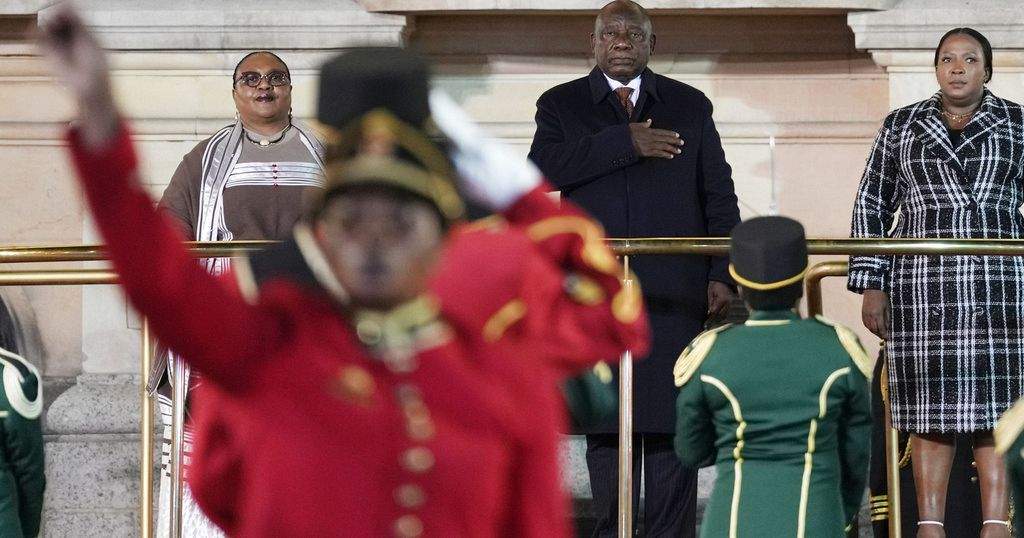
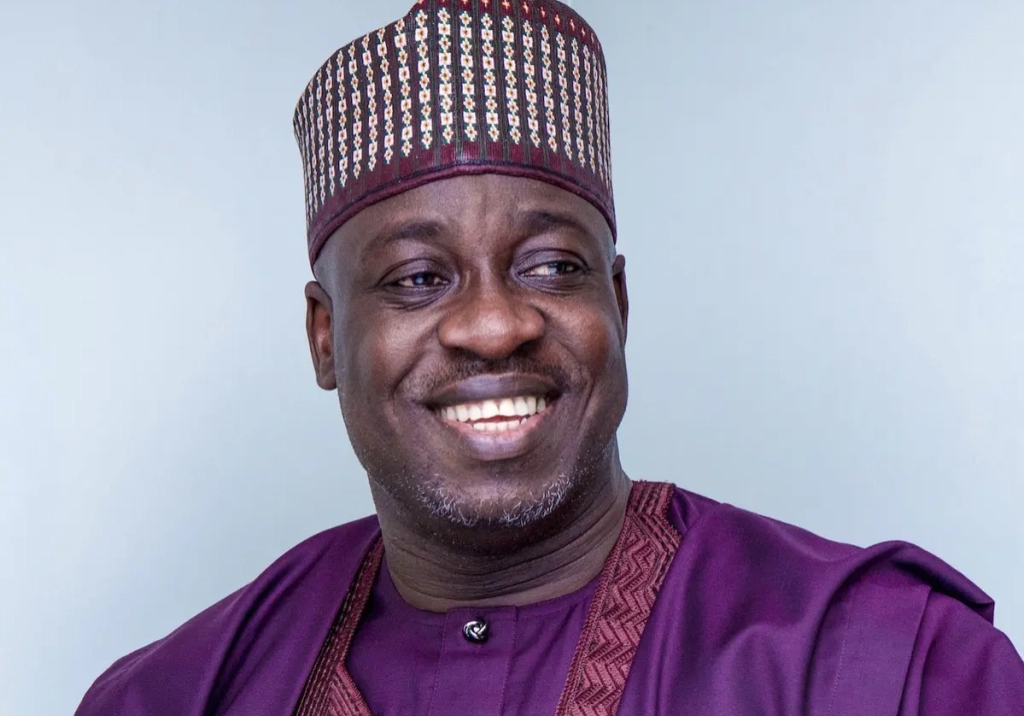
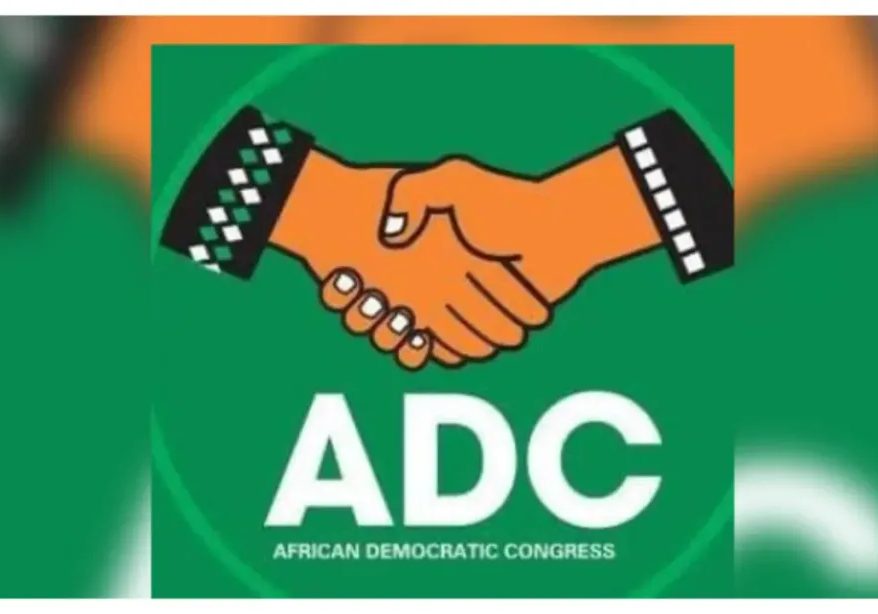
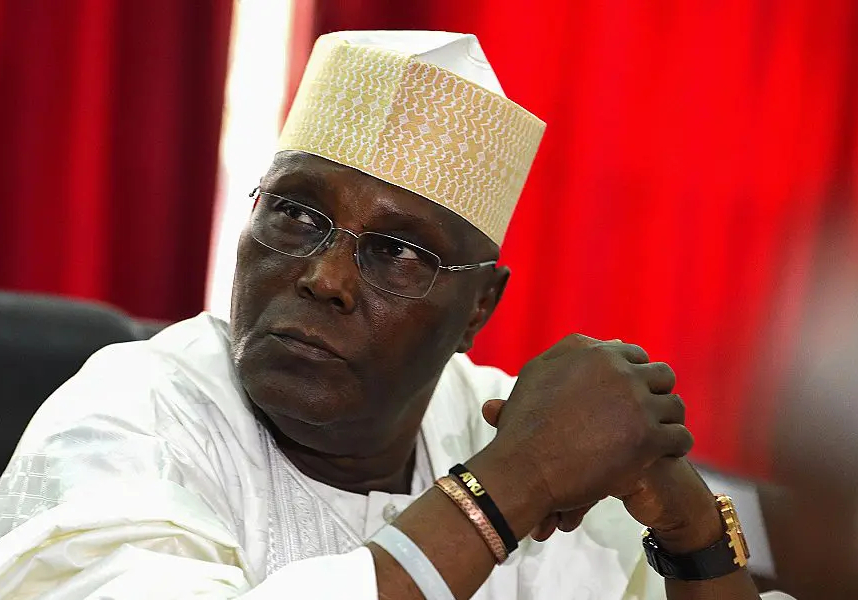
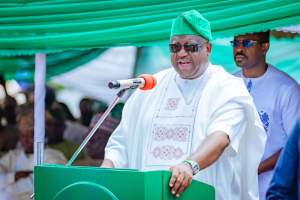
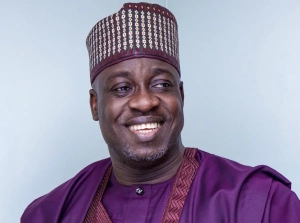
![Seth Rollins, Paul Heyman, Bron Breakker and Bronson Reed [Image Credits: wwe.com]](https://mediatalkafrica.com/wp-content/uploads/2025/07/The-Rocks-SummerSlam-Scheme-Rollins-Injury-Exposes-Mastermind-Plot-300x169.jpg)
